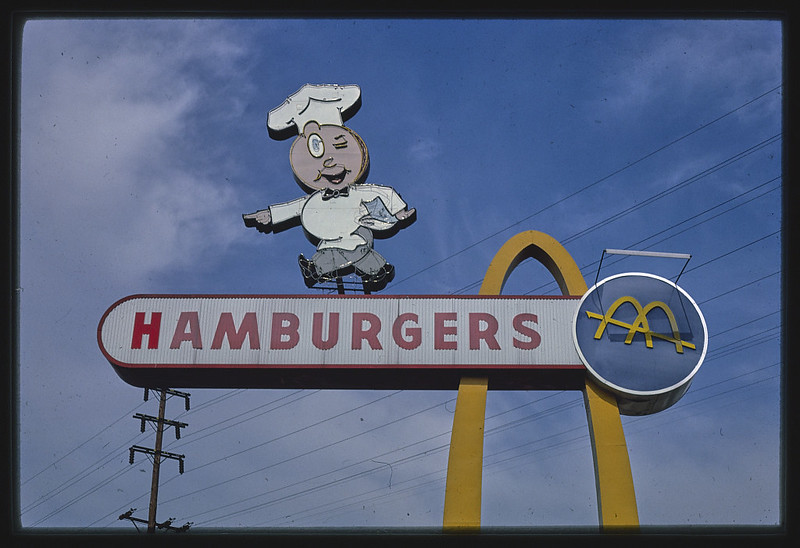 On September 28, California Governor Gavin Newsom signed into law a bill that will increase the minimum wage for fast-food workers to $20 per hour, starting in April of 2024. Upon taking effect, California’s fast-food workers will have the highest wage of the entire industry—and California’s current $15.50 per hour minimum wage is already one of the highest in the entire country. But California’s new law doesn’t end there; it just creates a $20 starting point. The legislation also creates a new Fast Food Council, which will have the authority to increase that $20 per hour rate each year, until 2029.
On September 28, California Governor Gavin Newsom signed into law a bill that will increase the minimum wage for fast-food workers to $20 per hour, starting in April of 2024. Upon taking effect, California’s fast-food workers will have the highest wage of the entire industry—and California’s current $15.50 per hour minimum wage is already one of the highest in the entire country. But California’s new law doesn’t end there; it just creates a $20 starting point. The legislation also creates a new Fast Food Council, which will have the authority to increase that $20 per hour rate each year, until 2029. Unfortunately, this wage hike—like all government interventions into private industry—will ultimately prove counterproductive to the aim of bettering the livelihoods of California’s low-wage workers.
Like any market, the labor market is determined by supply and demand. A wage is set not by some arbitrary formula, but by the market’s determination of the value of the good or service provided. The simple reality is that for many entry-level workers, their initial starts in the industry do not generate $20 per hour worth of value for their employer.
Thus, minimum wage hikes come with unintended consequences: employers are forced to turn to other measures to save money, such as cutting hours, reducing employee benefits, replacing staff with automation, and raising their prices—all of which negatively affect low-wage employees in a way that is not as immediately apparent as their up-front wage.
Small businesses in particular, which generally have less access to capital than large corporations, are hit hardest by minimum wage hikes. Unlike their multi-national competitors, small businesses have a tougher time absorbing the increased costs of labor, leading to further consolidation of capital in the hands of the largest corporations. In the same manner, a state-wide minimum wage doesn’t make sense when applied uniformly across a state as big as California. The costs of living in somewhere like San Francisco, for example, are much higher than in the rural parts of the state, where one can live much more affordably. To force the businesses in both areas to adhere to the same wage rates does not make sense and exerts profound distortions on local economies.
Furthermore, entry-level fast-food jobs are meant to be just that: a stepping stone for workers to get on their feet and develop real-world skills and experiences that they can use to rise through the ranks. According to one study, roughly 60 percent of fast food workers are 24 years old or younger, 63 percent of whom only have a high school diploma.
Fast food jobs are not meant to last for an entire career—but they do offer workers a chance to get their foot in the door, earn some money, and gain experience, which can make them more valuable workers to future employers. Along those same lines, three-quarters of fast food workers only stay at their job for 1-2 years, which suggests that they find more lucrative opportunities relatively quickly.
By introducing government-mandated minimum wages, California is trying to artificially increase the productivity of minimum wage workers through government intervention. Like all government interventions into the free market, this will surely lead to unintended consequences throughout the greater economy, hurting California’s low-wage workers in the process.
Perhaps Governor Newsom should instead lower taxes and roll back regulations on California’s small businesses, which is currently ranked 48th out of the 50 states in the Tax Foundation’s State Business Tax Climate Index. By pulling government back out of the way, Governor Newsom can empower California’s entrepreneurs to innovate and expand their businesses in a way that makes economic sense—benefitting the state’s low-wage workers and everyone else in the process.
